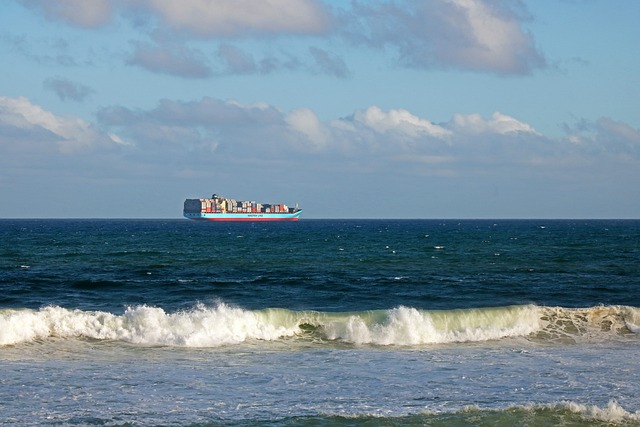
-
The International Federation of Freight Forwarders Associations called for global oversight and cooperation to ease maritime transport amid the Red Sea crisis
-
The call to action is in response to challenges posed by surcharges implemented by shipping lines in the Red Sea and Suez Canal
-
The federation advocates for increased international dialogue and monitoring collaboration between governments and industry leaders
-
FIATA called on shipping lines to exercise caution when imposing surcharges in the face of escalating inflationary pressures
The International Federation of Freight Forwarders Associations (FIATA) has issued a call to action in response to challenges posed by surcharges implemented by shipping lines in the Red Sea and Suez Canal.
The federation issued a statement to boost international dialogue and monitoring between governments and industry decision-makers to ensure maritime supply chain fluidity and connectivity amid surcharges imposed by shipping lines operating on and outside of the Red Sea and Suez Canal, and to protect consumers and economies worldwide.
The Red Sea, a crucial waterway connecting Europe and Asia and ranking among the world’s busiest maritime routes, is now a major cause for concern due to ongoing attacks against commercial shipping.
Approximately 18 shipping lines have either stopped or rerouted traffic on the waterway due to ongoing attacks by Houthi rebels in support of Palestinians in the Palestine-Israeli war, with increased transit times of around 12 days due to rerouting via the Cape of Good Hope.
Amid sharp increases in freight rates, concerns are being raised about the extent of surcharges levied on both affected and unaffected routes.
Careful management will be required to mitigate impacts on international trade, according to FIATA.
“At a time of significant inflationary pressure, careful management and coordination will therefore be needed to protect consumers, the global supply chain, and economies worldwide, in particular those of developing countries, and the protection of human life,” the federation said in a statement.
In its recent communication and position paper, FIATA calls for governments and all supply chain stakeholders to increase international collaboration to facilitate a coordinated approach to finding and implementing united solutions for a resilient maritime supply chain.
In response to the recent maritime crisis and amid escalating inflationary pressures, FIATA is calling on shipping lines to exercise caution when imposing surcharges. The organization emphasizes the importance of transparent and clear communication regarding any additional surcharges.
Professor Christa Sys from the University of Antwerp’s Department of Transport and Regional Economics has described the surcharges imposed as reaching an “unprecedented magnitude.”
This assessment comes after calculating the significant gap between the proportion of surcharges and the actual costs associated with rerouting ships away from the Suez Canal.
FIATA, echoing these concerns, cites the lack of information regarding the content of these surcharges. They draw attention to the alarming practice of “all in” invoicing without itemizing various components for shipments.
The organization, in discussions with Antonella Teodoro, senior transport consultant at MDS Transmodal, it has been revealed that there is ample capacity available to reroute vessels around the Cape of Good Hope. However, the primary challenge lies in determining how this capacity can be effectively and competitively managed to minimize additional disruptions.
The impact on ports and global supply chain connectivity is concerning, noting that some ports could be severely disadvantaged, FIATA noted.
FIATA emphasizes that supply chain disruptions have “far-reaching consequences” and involve numerous stakeholders worldwide.
RELATED READ: Red Sea crisis brings higher freight to some PH shippers; but effects not yet fully felt
The federation aligns with the International Maritime Organization (IMO) in endorsing United Nations Security Council Resolution 2722 (2024).
This resolution underscores the importance of upholding the navigational rights and freedom exercised by merchant vessels in accordance with international law.
It also supports the IMO’s ongoing efforts to enhance the safe and secure transit of vessels through the Red Sea.




